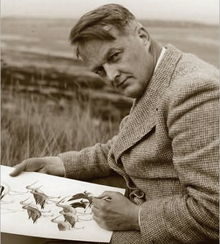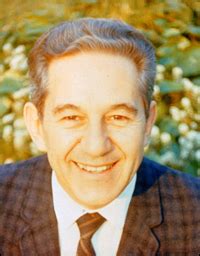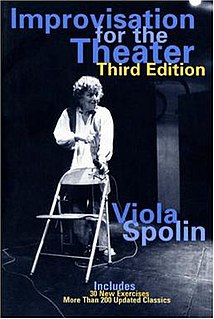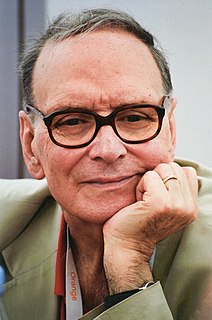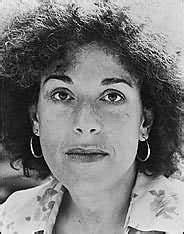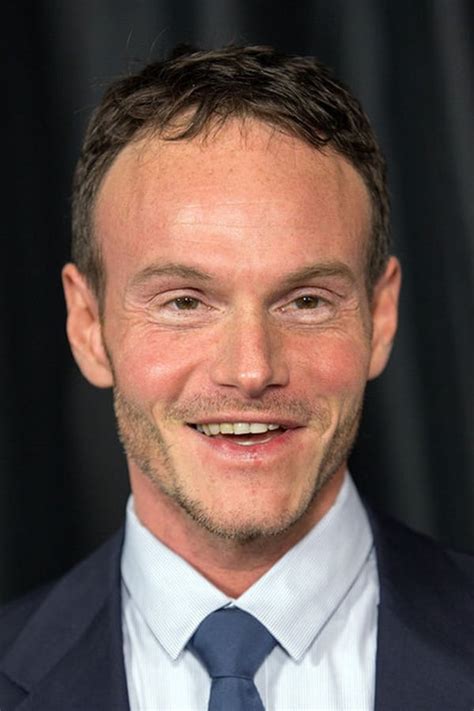A Quote by Anais Nin
People who want a sane, static, measurable world take the first aspect of an event or person and stick to it, with an almost self-protective obstinacy, or by a natural limitation of their imaginations. They do not indulge in either deepening or magnifying.
Related Quotes
The philosophy that I have worked under most of my life is that the serious study of natural history is an activity which has far-reaching effects in every aspect of a person's life. It ultimately makes people protective of the environment in a very committed way. It is my opinion that the study of natural history should be the primary avenue for creating environmentalists.
I am a lay historian by nature. I seek out an empirical reflection of what truth is. I sort of want dates and motivations and I want the whole story. But I've always felt, unconsciously, that all human history is that connection from person to person to person, event to event to event, and from idea to idea.
The denial of "self" challenges only the notion of a static self independent of body and mind-not the ordinary sense of ourself as a person distinct from everyone else. The notion of a static self is the primary obstruction to the realization of our unique potential as an individual being. By dissolving this fiction through a centered vision of the transiency, ambiguity, and contingency of experience, we are freed to create ourself anew.
There is something in obstinacy which differs from every other passion. Whenever it fails, it never recovers, but either breaks like iron, or crumbles sulkily away, like a fractured arch. Most other passions have their periods of fatigue and rest, their sufferings and their cure; but obstinacy has no resource, and the first wound is mortal.
I think people kind of come up and go, "Why hasn't that person busted out?" Almost always at the end of career, what you find out is that either consciously or subconsciously success hasn't happened because that person hasn't chosen for it to happen. Either through walking away because it wasn't the life they wanted or through self-sabotaging because they weren't ready.
First, my people must be taught the knowledge of self. Then and only then will they be able to under-stand others and that which surrounds them. Anyone who does not have a knowledge of self is considered a victim of either amnesia or unconsciousness and is not very competent. The lack of knowledge of self is a prevailing condition among my people here in America. Gaining the knowledge of self makes us unite into a great unity. Knowledge of self makes you take on the great virtue of learning.
I do not invent characters. There they are. That's who they are. That's their nature. They talk and they behave the way they want to behave. I don't have a character behaving one way, then a point comes in the play where the person has to either stay or leave. If I had it plotted that the person leaves, then the person leaves. If that's what the person wants to do. I let the person do what the person wants or has to do at the time of the event.

